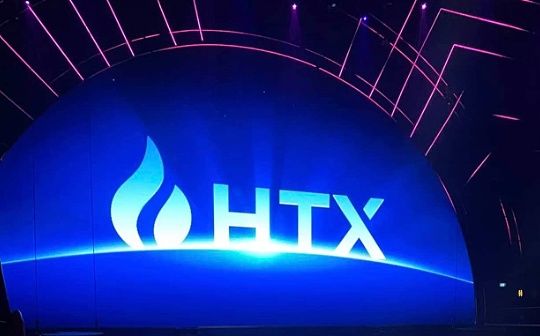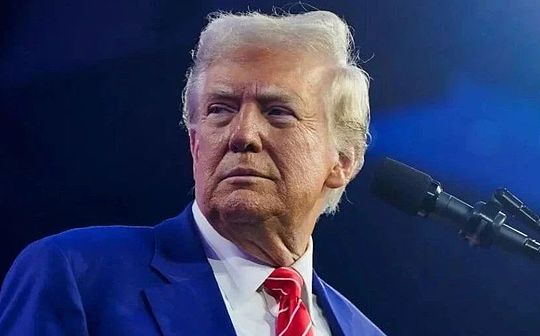
Author: Weilin, PANews
Tonight, TrungeneralAt the Digital Assets SummitIt said that the United States will dominate the development of cryptocurrencies and next-generation financial technology.
According to Kim Shi, US President Trump said that the United States is already ahead in the field of cryptocurrencies and the next generation of fintech.We are ending the last government’s regulatory war on cryptocurrencies and bitcoin.
Of course, Trump has done more than that. Let’s review his crypto policy since taking office.
This article will take stock of these significant crypto regulatory policy initiatives according to different policies and interpret their far-reaching impact on the crypto industry.
Trump signs crypto executive order
On January 23, on the third day of taking office, US President Trump signed an encrypted executive order to strengthen the United States’ leadership in the field of digital financial technology, proposing to establish a “President Digital Asset Market Working Group” to explore federal regulatory measures for stablecoins and relevant plans for national digital asset reserves, and explicitly prohibiting the establishment, issuance, circulation or use of central bank digital currency (CBDC).
SEC Chairman Changes, Several Regulatory Strategies Adjusted Major
Last July, at the Bitcoin 2024 conference held in Nashville, Trump delivered a speech, promising to step down on his first day of taking office, Gary Gensler, the chairman of the crypto industry criticized.
On November 22, 2024, the SEC issued an announcement that Gary Gensler will step down on the first day Trump took office.On January 20 this year, he officially stepped down.He was replaced by Paul Atkins, the CEO of Patomak Global Partners LLC and former SEC commissioner, and the nomination is currently awaiting confirmation of Congress.
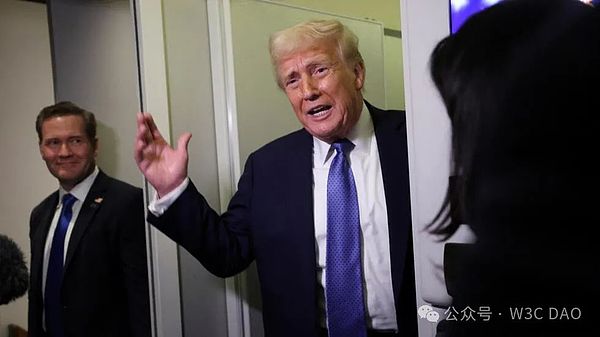
On January 22, the SEC immediately established a crypto task force to adjust its regulatory strategies, reduce the teams that were previously responsible for cryptocurrency law enforcement actions, and transfer some lawyers.The SEC also launched the website of the Cryptocurrency Task Force, whose head of the Working Group, listed ten priority tasks, focusing on the classification and regulation of crypto assets.
On January 24, the SEC announced the withdrawal of the crypto accounting policy SAB 121, which has been criticized by the crypto industry, in its latest employee accounting announcement No. 122.SAB 121 (Staff Accounting Bulletin No. 121) requires digital asset custodians to treat digital assets as liabilities and present them on the balance sheet at fair value.There is widespread concern in the cryptocurrency industry that it may prevent banks from keeping digital assets and excluding banks from the crypto market.
In addition, on May 22 last year, the FIT21 bill was passed in the House of Representatives, which is regarded as a historic breakthrough in the US crypto industry.The bill resolves the long-term differences between the SEC and the CFTC on cryptocurrency regulation, and the bill is currently in progress.
SEC collectively withdraws lawsuit against crypto companies
On February 27, the SEC terminated its investigation into Gemini Trust and took no enforcement action.Prior to this, the SEC had withdrawn its lawsuit against Coinbase and terminated its investigation into OpenSea, Robinhood and Uniswap.In the seventh week of Trump’s appointment (March 3-March 9), the SEC agreed to withdraw the lawsuit against Kraken without paying a fine or admitting violations, and Kraken’s business model will not be affected.
Redefine the “exchange”
March 11th news, the SEC is evaluating a proposal to redefine the “exchange” that could provide clearer guidance for the regulatory framework of US crypto trading platforms.
Meanwhile, the U.S. House of Representatives passed a resolution to overturn the IRS’ brokerage rules for decentralized finance (DeFi) platforms.The rule requires crypto entities to collect specific taxpayers and transaction information, which DeFi platforms are difficult to enforce.Previously, the U.S. Senate had voted to pass the resolution, but due to budget rules, it still needs to be voted again before it can be submitted to President Trump for signature.
Amnesty, Silk Road founder Ross Ulbricht
On January 22, Trump fulfilled another promise at the 2024 Bitcoin conference to pardon Silk Road founder Ross Ulbricht, who was sentenced to life imprisonment without parole.Ross Ulbricht later expressed his gratitude to Trump on Twitter, who released him after 11 years in prison.
Appoint crypto friendly officials
On January 20, after completing the presidential inauguration ceremony, the White House said that the sworn in new President Trump has appointed Republican member Mark Uyeda as acting chairman of the SEC.Previously, Trump announced that he would nominate Paul Atkins as SEC chairman.
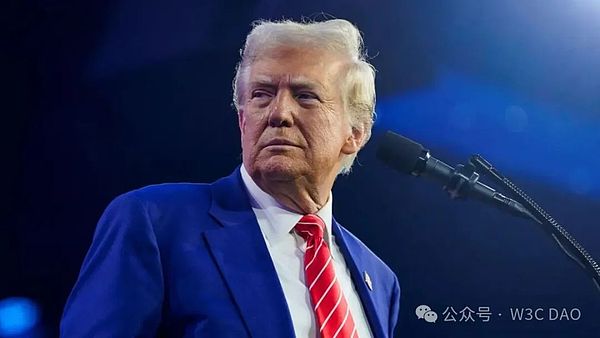
In his second week of Trump’s tenure, the Senate confirmed his nomination for new Treasury Secretary Scott Bessent, a finance tycoon who is open to cryptocurrency.
In the fourth week, Trump nominated the new chairman of the U.S. Commodity Futures Trading Commission (CFTC), and former member of the Commodity Futures Trading Commission and Kalshi executive of the event gambling market as the new head of the regulator.
In the fifth week, billionaire Howard Lutnick was identified as the next commerce secretary, and the market began to focus on how he would affect the regulatory environment in the crypto industry.
In both the Senate and House of Representatives, there are also crypto-friendly officials who hold important positions.On January 23, the Senate Banking Committee established a Digital Assets Committee, chaired by Senator Cynthia Lummis, to promote industry compliance.On March 3, U.S. House Republican leader and Congressman Ritchie Torres are jointly establishing the Congressional Crypto Caucus, aiming to promote legislation conducive to the crypto industry and form a voting coalition in the lower house of Congress that supports digital assets.
Officially announced strategic Bitcoin reserves and digital asset reserves
In his sixth week of office (February 24-March 2), Trump announced five major crypto strategic reserve categories on social media platforms. The United States’ strategic reserves of cryptocurrency will include five major asset categories: BTC, ETH, XRP, SOL, and ADA.The selection of ADA has caused controversy and has been dubbed “advertising space” by some market participants.But on March 7, AI and cryptocurrency Tsar David Sacks said that ADA, SOL, and XRP were mentioned because they are the top five cryptocurrencies in market cap.
On the morning of March 7, Beijing time, the strategic Bitcoin reserves promised by Trump are here!David Sacks announced on the X platform that US President Trump has officially signed an executive order to establish strategic Bitcoin reserves and digital asset reserves.However, since both reserves mainly rely on “income forfeiture of criminal or civil assets” for financial support, the prices of tokens such as BTC in the market reacted negatively in the short term, and then rebounded slightly.
In addition to the president’s executive order, in terms of Congress legislation, on March 12, U.S. Senator Cynthia Lummis has re-submitted the Boosting Innovation, Technology, and Competitiveness through Optimized Investment Nationwide Act of 2025, which will allow the U.S. government to hold more than 1 million bitcoins.The bill was originally proposed in July 2024, requiring the U.S. government to purchase 200,000 bitcoins per year within five years, with funds derived from adjustments to existing funds from the Federal Reserve and Treasury Department.After this revision, the U.S. government can hold additional Bitcoin through legal means, including civil or criminal forfeiture, donation or transfer of federal agencies.
Digital Assets Summit
In the third week of Trump’s tenure (February 3-February 9), David Sacks and several U.S. Congress legislators held their first press conference on digital assets on Capitol Hill, elaborating on the latest plans for the White House and Congress to implement the U.S. digital assets.Sacks said at the meeting that he looked forward to working with Congressional lawmakers and announced the “golden age of digital assets.”
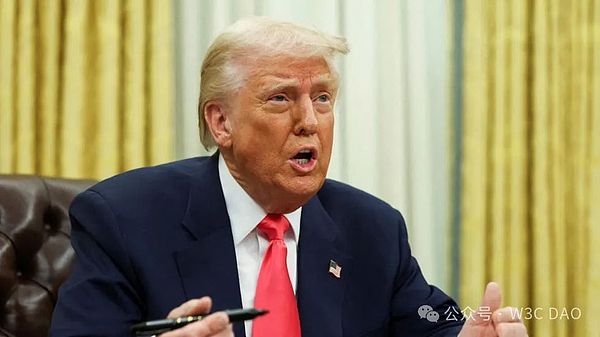
On March 7 local time, the United States held its first White House Digital Assets Summit, and President Trump delivered a brief speech at the summit.He said that last year, I promised to make the United States a global Bitcoin superpower and the world’s crypto capital.We are taking historic action to deliver on this promise,And advised: “From today, the United States will follow the rules that every bitcoin holder knows–never sell your bitcoin.”
Trump mentioned that he would terminate the “Slaying Action 2.0” against the crypto industry under the Biden administration.However, despite news from the scene that the summit was recognized by industry leaders, the meeting did not bring up prices of assets such as Bitcoin and Ethereum, and the cryptocurrency market fell significantly after the summit.
The market ushers in a wave of applications for crypto ETFs
As of March 12, at least DOGE, LTC, HEAR, SOL, XRP, SUI, AVAX, DOT, LINK, ADA, APT, AXL, etc. applied for tokens.According to statistics from Bloomberg analysts James Seyffart and Eric Balchunas, the current market has a relatively high probability of approval of LTC, DOGE, SOL and XRP spot ETFs.The market’s expectations for other mainstream crypto asset ETFs to be launched in the US capital market have significantly increased.
As SEC’s personnel has undergone significant changes, its policies tend to be more cryptocurrency-friendly.If the United States launches altcoin ETF, it may directly lead to the imitation of other countries and regions in the world.Bloomberg analysts expect the SEC to make a decision on the proposed altcoin ETF in October this year.
“Debanking” has caused widespread discussion
On the evening of February 5, the U.S. Senate Committee on Banking, Housing and Urban Affairs held a hearing on the topic of “Investigating the Real Impact of Debanking on the United States”.Witnesses at the scene include Nathan McCauley, co-founder and CEO of Anchorage Digital, Stephen Gannon, partner at Davis Wright Tremaine LLP, Mike Ring, president and CEO of Old Glory Bank, and Aaron Klein, senior fellow in economic research at the Brookings Institution.This hearing explored the impact of bank account closures and financial service restrictions on enterprises and individuals, and studied relevant policy responses.
On February 11, local time, at a hearing on the Senate Banking Committee, Federal Reserve Chairman Jerome Powell said that given the criticism of the crypto industry being excluded from banking services, it is time to “re-examine” the issue of debanization.Sen. Tim Scott, chairman of the Senate Banking Committee and Republican of South Carolina, asked Powell whether he agreed to commit to working with lawmakers to end debanking; Powell agreed.Discussions on “debanking” are expected to be further launched this year.
Showing strong interest in Bitcoin reserves
As of March 4, 24 U.S. states have proposed draft crypto reserve bills, most of which are still in the draft or submitted for house deliberation, and a few states have made rapid progress (such as Texas, Utah), while the relevant bills in five states (Pennsylvania, Montana, North Dakota, Wyoming, South Dakota) have been rejected.The reason for the veto is concern about the risks and volatility associated with digital assets, taxpayer funding risks, the high energy consumption of cryptocurrency mining, and the possibility of digital currencies being used for illegal activities.
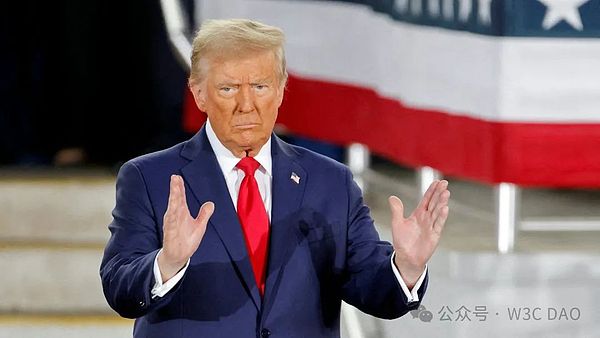
Texas, which is at the forefront, has previously passed the SB 21 Act, which stipulates that a state-managed fund will be created for holding Bitcoin and other cryptocurrencies.The Texas auditor general will oversee the reserve, which will hold at least $500 billion in market capitalization and qualify for state budget appropriations.
Legislation around the stablecoin regulatory framework
On February 5, US Senator Bill Hagerty proposed the stablecoin regulatory bill (GENIUS Act), including USDT, USDC and other stablecoins in the Federal Reserve’s regulatory framework and providing compliance operational guidelines.As of March 12, the U.S. Senate has updated the bill, and the updated bill specifically expanded the “reciprocal clauses for paying stablecoins in overseas jurisdictions.”
During the White House summit, Trump instructed his policy implementers to push for stablecoin legislation and plans to be completed before Congress recession in August.The initial goal was to submit legislation within 100 days of its term, but the timeline has been extended by 4 months now.
Conclusion
In general, since Trump took office, there have been a series of major adjustments in the US crypto supervision for eight weeks, from policy direction to key personnel changes, all pointing to a more open regulatory environment.Can the United States really become the world’s cryptocurrency capital as Trump said?Policy uncertainty remains, market responses are also relatively cautious, and future regulatory trends still need to be paid attention to.

